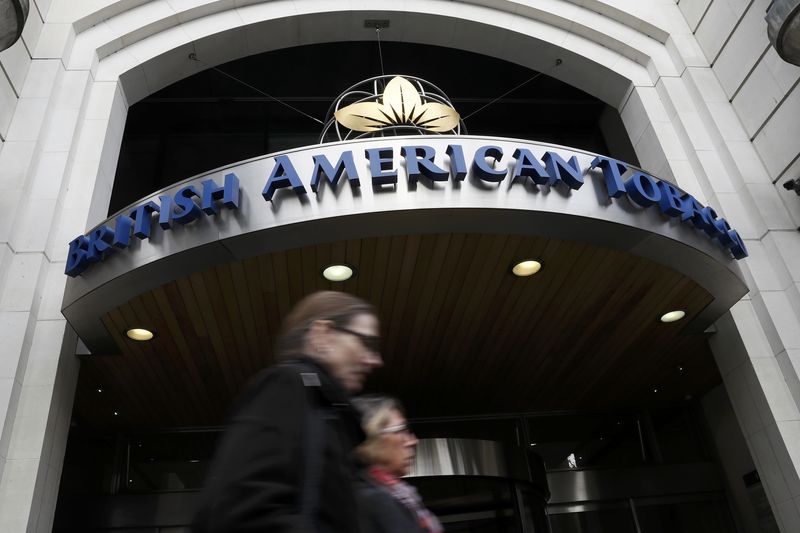By Peter Nurse
Investing.com - European stock markets weakened Friday as the sharp rise in U.S. consumer prices raised the prospect of aggressive monetary policy tightening by the Federal Reserve, potentially weighing on global growth.
By 4:15 AM ET (09415 GMT), the DAX in Germany traded 0.8% lower, the CAC 40 in France dropped 1.2% and the U.K.’s FTSE 100 fell 0.8%.
The weakness in Europe, which follows a sharp selloff on Wall Street and losses in Asia overnight, follows the release of U.S. data on Thursday which showed consumer prices surged 7.5% in January on a year-over-year basis, the biggest annual increase in inflation in 40 years.
The market now sees a strong chance of the Federal Reserve starting its monetary policy tightening with a 50 basis point hike in March, especially after St. Louis Fed President James Bullard stated that he has become "dramatically" more hawkish. He added that he now wants a full percentage point of interest rate hikes over the next three U.S. central bank policy meetings.
The U.S. economy is the world’s largest and is traditionally the globe’s major growth driver. Any moves to curtail demand there are likely to have wider implications.
That said, European stock markets have been buttressed to a certain extent by ECB President Christine Lagarde’s warning on Thursday that tightening monetary policy too quickly could harm the Eurozone’s economic recovery.
Additionally, there was some relatively positive economic data as the U.K. economy expanded by 7.5% last year, the strongest annual growth since 1941, with a milder-than-expected 0.2% hit in December.
In corporate news, British American Tobacco (NYSE:BTI) stock rose 0.3% after the world’s second-largest tobacco company reported a 7% rise in fourth-quarter revenue as well as a dividend increase and a 2 billion pound ($2.7 billion) share repurchase program for 2022.
Mercedes Benz (DE:DAIGn) stock rose 1.6% after the German car maker, which spun off its commercial vehicle business Daimler (OTC:DDAIF) Truck (DE:DTGGe) in December, expects a return on sales of 12.7% in the full year.
Oil prices edged higher Friday, but are still heading for their first weekly decline since mid-December as the red-hot U.S inflation release pointed to aggressive interest rate hikes, boosting the dollar.
In addition, the Iranian nuclear talks appear to be progressing, which could result in the return of crude exports to the global market from the Persian Gulf nation.
By 3:40 AM ET, U.S. crude futures traded 0.2% higher at $90.09 a barrel, while the Brent contract rose 0.1% to $91.45. Both contracts had posted new seven-year highs this week, but are still in line for their first weekly decline after seven consecutive weekly gains.
Additionally, gold futures fell 0.5% to $1,827.55/oz, while EUR/USD traded 0.4% lower at 1.1387.
